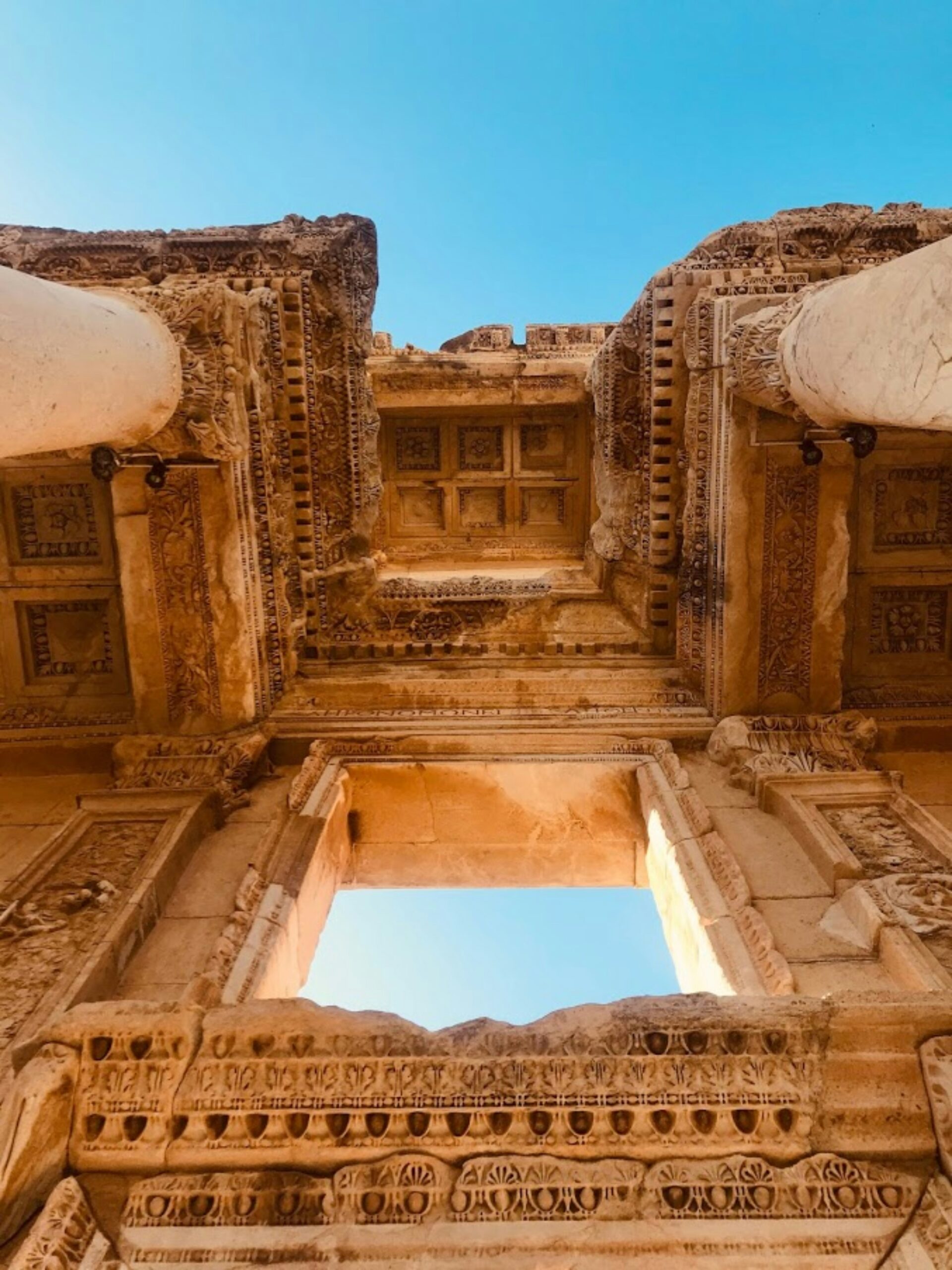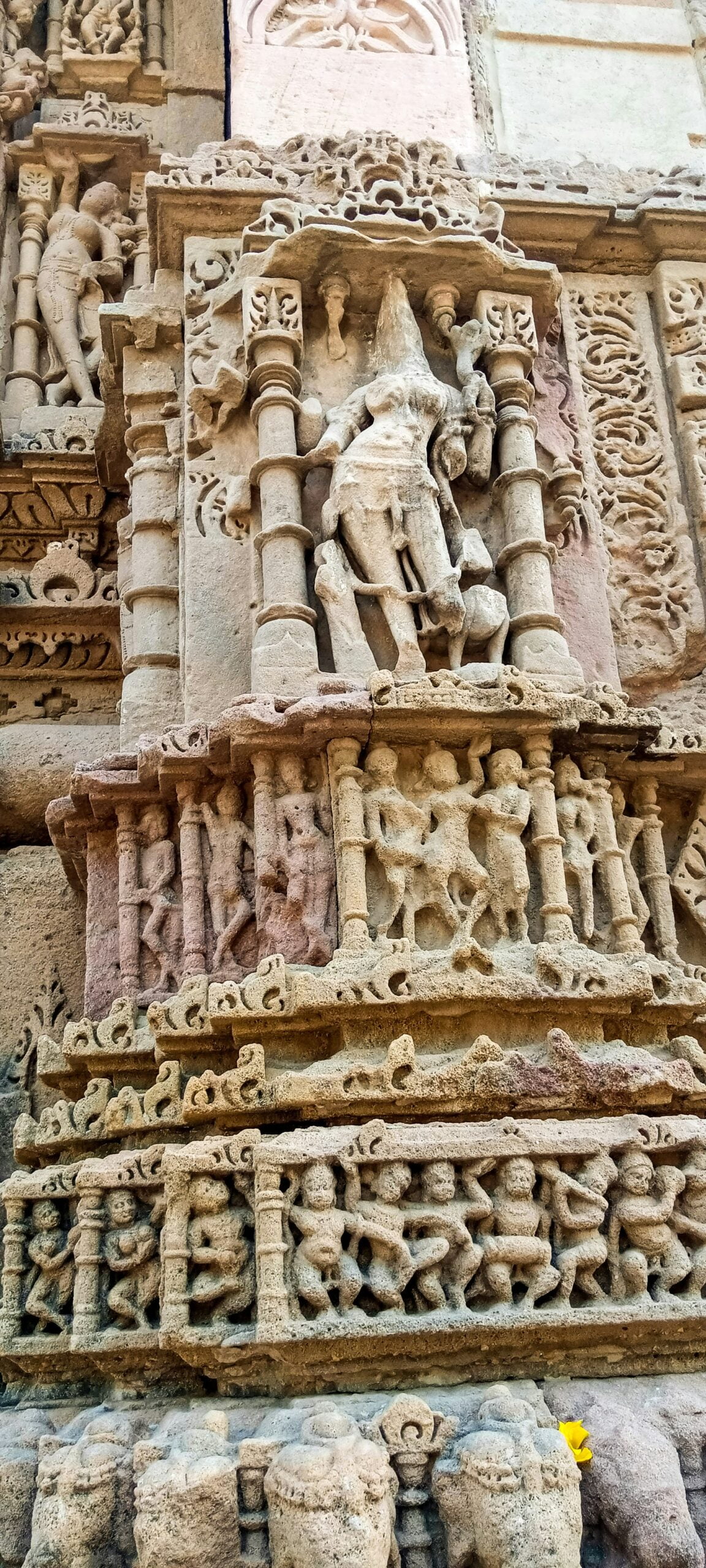
Rome, often referred to as the “Eternal City,” stands as a testament to the grandeur and ingenuity of the ancient Roman Empire. The Colosseum, an architectural marvel, offers insights into Roman engineering and entertainment. The Roman Forum, once the heartbeat of Roman political life, continues to reveal new details about the political and social dynamics of the era.
| Monument | Significance |
|---|---|
| Colosseum | Showcases Roman engineering prowess and social culture of gladiatorial combats. |
| Roman Forum | Offers clues about the political, religious, and social life of ancient Rome. |
Athens holds a special place in history as the birthplace of democracy, philosophy, and epic literature. The Parthenon standing atop the Acropolis symbolizes the city’s contributions to art and architecture. Ancient texts discovered in the Library of Hadrian underscore Athens’ pivotal role in the intellectual pursuits of the time.
The ancient cities of Egypt, primarily Thebes and Memphis, are treasure troves that continue to fascinate historians. The Pyramids of Giza, apart from being one of the Seven Wonders of the Ancient World, have provided immense insight into Egyptian burial practices, religious beliefs, and advanced engineering skills.
Nestled high in the Andes, Machu Picchu is an architectural gem that showcases the ingenuity of the Incan civilization. Its terraced fields, sacred temples, and intricate stonework give us a glimpse into the religious and agricultural practices of the Incas.
Pompeii, buried under the ash of Mount Vesuvius’s eruption in AD 79, offers an unparalleled snapshot of Roman life. The well-preserved artifacts, from frescoes to everyday household items, paint a vivid picture of daily life and social structure in an ancient Roman city.
Ancient cities are repositories of human innovation and creativity. For instance, the aqueducts of Rome and the intricate drainage systems in the Indus Valley are testaments to the advanced engineering skills possessed by these ancient civilizations. The cultural advancements, evidenced by the mosaics of Pompeii and the hieroglyphics of Egypt, speak volumes about the artistic indulgences and linguistic prowess of our ancestors.
The ruins of government buildings and administrative inscriptions often shed light on the governance structures and social hierarchies in ancient cities. For example, the correspondence found in the ruins of the Roman Senate reveals much about the legislative processes and political machinations of ancient Rome.
| City | Key Governance Insight |
|---|---|
| Rome | Documentation reveals complex legislative processes and political machinations. |
| Athens | Artifacts illustrate early democracy and juridical systems. |
Athens is renowned for its contributions to philosophy, with figures like Socrates, Plato, and Aristotle laying the foundations of Western thought. In contrast, ancient Indian cities like Nalanda were noted for their contributions to Buddhist philosophy and education, showcasing varied intellectual pursuits across cultures.
Religious practices across ancient cities varied widely. While Rome adopted and adapted gods from Greek mythology into its pantheon, Egyptian religious practices were deeply intertwined with their treatment of the dead and afterlife beliefs. Machu Picchu, on the other hand, reflects the Incan worship of nature and celestial bodies.
Ancient cities also present diverse economic models. The bazaars of ancient Babylon were bustling centers of trade, indicating a mercantile economy. In contrast, the agrarian economy of the Indus Valley Civilization was supported by advanced irrigation and sustainable agriculture practices.
The urban planning of ancient cities often reflects their social priorities and technological capabilities. The grid-like layouts of Mohenjo-Daro are starkly different from the organic growth patterns seen in ancient European cities. Such comparisons offer invaluable insights into the lifestyles and priorities of different cultures.

This image is property of images.unsplash.com.
Archaeological discoveries have profoundly expanded our knowledge of history. Findings such as the Rosetta Stone have revolutionized our understanding of ancient languages and cultures. Additionally, ongoing excavations continuously add depth to our understanding, challenging previous assumptions and offering new perspectives.
The discovery and subsequent preservation of ancient cities have significant economic and educational implications. Regions like the Valley of the Kings in Egypt have become focal points for tourism, generating revenue and promoting cultural appreciation. However, this also necessitates careful management to preserve these treasures for future generations.
Beyond the immediate impact on local economies and tourism, these discoveries influence global academic and cultural discourse. They inspire educational curricula, and museum exhibits, and even influence pop culture, as seen in the popularity of movies and books about ancient civilizations.
With advancements in technology such as ground-penetrating radar and DNA analysis, the future of archaeology holds promise for even more groundbreaking discoveries. These tools can potentially reveal hidden structures and provide finer details about ancient diets, diseases, and migrations.
The study of ancient cities also provides valuable lessons for contemporary urban planning, governance, and sustainability. Ancient water management systems, for instance, offer potentially valuable insights for today’s water-scarce regions. By leveraging historical successes and failures, modern cities can develop more resilient and sustainable communities.

This image is property of images.unsplash.com.
To summarize, the exploration of ancient cities offers us not just a peek into the past but invaluable lessons and insights that can shape our future. By examining the technologies, cultures, and governance structures of these ancient civilizations, we gain a deeper understanding of our collective human journey. The artifacts and ruins left behind are not merely relics; they are testimonies of human ingenuity, creativity, and resilience.
What do you think about the hidden treasures in these ancient cities? The stories they tell and the mysteries they hold are bound to captivate anyone with a curiosity about the world and our shared history. If you found this journey through time intriguing, there’s much more to discover about the forgotten cities and civilizations that shaped our world—just look up more articles on this mesmerizing subject!
A Historical Journey in İzmir: Ancient Cities and Archaeological Riches
Unearthing History: Rediscovering Hidden Gems in Urban Centers